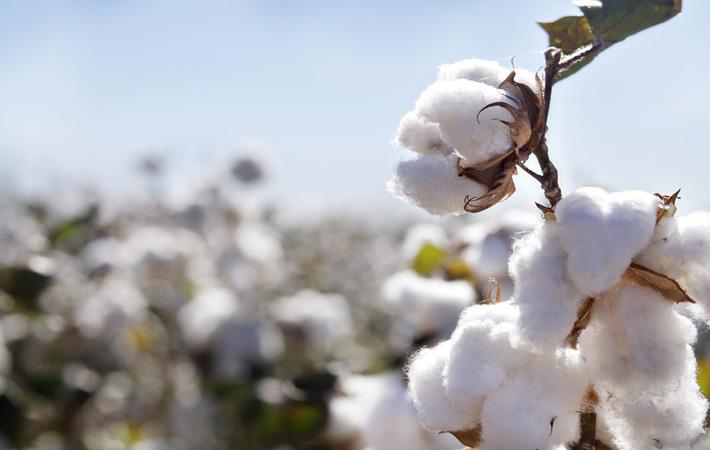Cotton prices will remain weak in the 2019-20 and 2020-21 seasons as supplies of cotton outstrip demand and surpluses grow, according to a report in issue 200 of ‘Textile Outlook International’ by global business information firm Textiles Intelligence. One factor affecting cotton price is weak demand caused by uncertainty arising from the US-China trade war.
Until relations between the two countries improve, demand for cotton will remain suppressed and so will the cotton price, unless there are major revisions to crop estimates or there are signs of greater strength in the global economy, the company said in a press release.Cotton prices will remain weak in the 2019-20 and 2020-21 seasons as supplies of cotton outstrip demand and surpluses grow, according to a report in issue 200 of 'Textile Outlook International' by global business information firm Textiles Intelligence. One factor affecting cotton price is weak demand caused by uncertainty arising from the US-China trade war.#
In fact, the average price of cotton has been falling since the beginning of 2018-19, and in 2019-20 it is forecast to fall further to only 76 US cents/lb, which would be 11 US cents/lb lower than the average for 2018-19.
The continued weakness in cotton prices has been reinforced by an increase in the size of the global stockpile that has reversed recent declines. Indeed, surpluses are growing in the main producing nations, and stock levels at the end of the 2019-20 season (July 31, 2020) are expected to be 1.3 per cent higher than they were at the beginning (August 1, 2019).
Global consumption of cotton is expected to rise in the 2019-20 season as Chinese demand stabilises. But there is also expected to be a rise in global cotton production during 2019-20 as yields in India rebound and plantings increase in the United States. As a result, global cotton production will exceed demand, stocks will rise and this will put downward pressure on the cotton price, the report said.
This pressure on prices will continue into 2020-21 as demand is forecast to remain weak while yields are expected to improve as a consequence of better weather conditions. In fact, the global cotton crop in 2020-21 is forecast to reach its second highest level ever.
Fibre2Fashion News Desk (DS)
